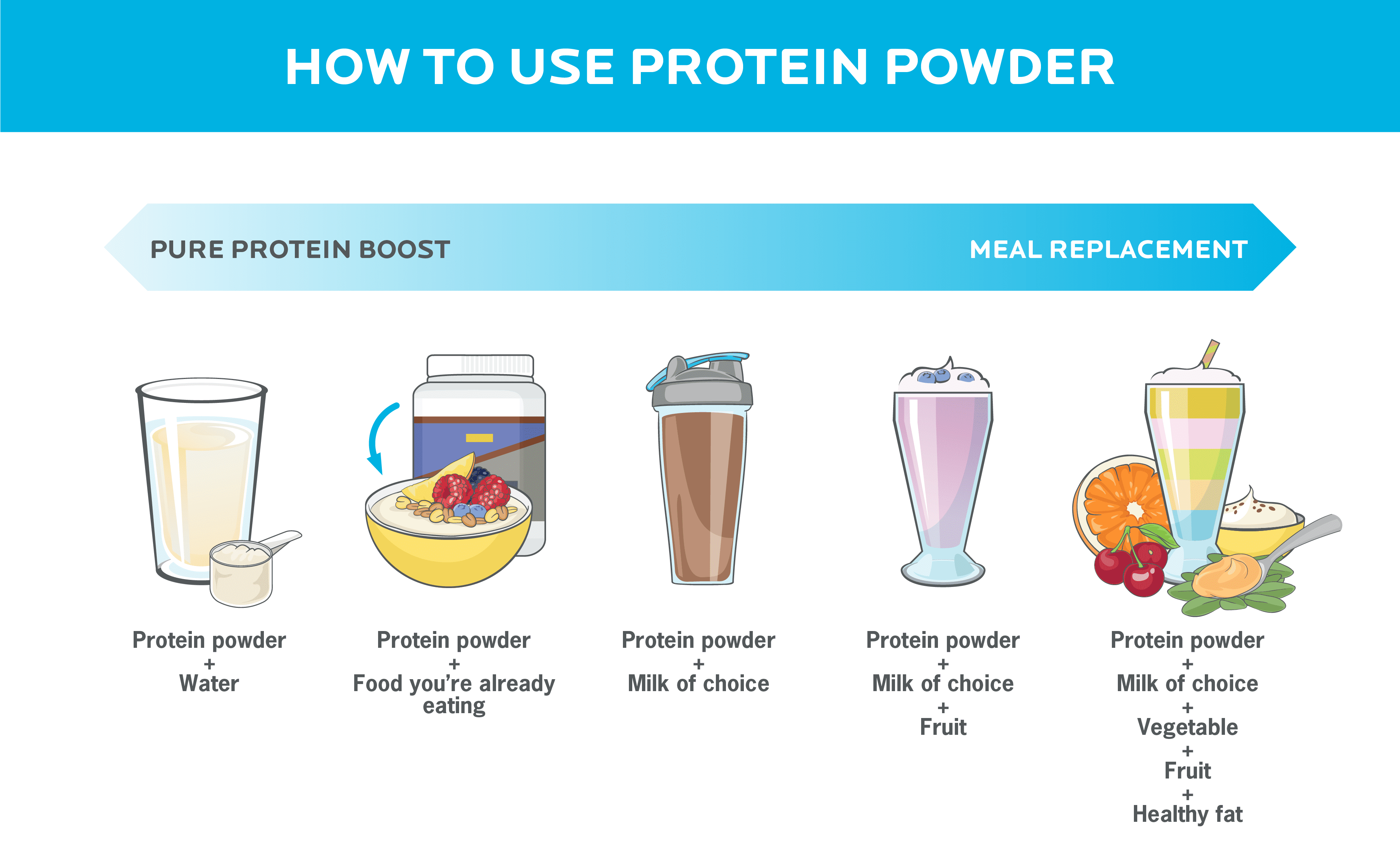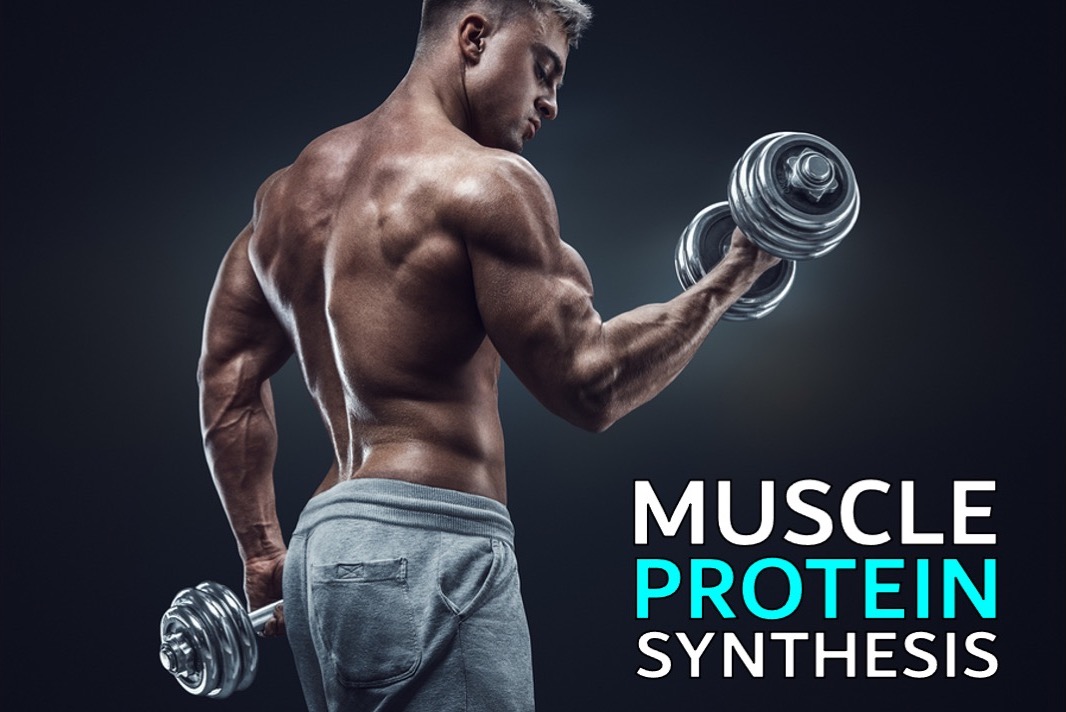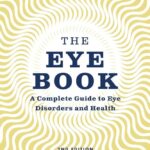When buying protein powder for weight loss, check for low sugar content and high-quality protein sources. Ensure the product aligns with your dietary needs, such as being gluten-free or vegan.
Selecting the right protein powder can be pivotal in your weight loss journey. Protein is a crucial macronutrient that helps build muscle, repair tissue, and support a healthy metabolism. A good protein powder for weight loss should feature high protein content with minimal additives and low in calories to aid in managing your caloric intake.
It’s essential to opt for powders with complete proteins, which contain all essential amino acids, particularly if you follow a plant-based diet. Look also for third-party certifications to guarantee product purity and the absence of harmful contaminants. Remember, the ultimate choice should complement your nutritional requirements and workout regimen, assuring that you’re not only losing weight but also nurturing your body optimally.
Key Nutritional Values In Protein Powders
Assessing the protein content per serving gives a clear picture of the powder’s nutritional value. Aim for a powder offering a high protein-to-calorie ratio, which supports weight loss goals efficiently. Opt for one with at least 20 grams of protein per serving to promote muscle repair and satiety.
Understanding the types of protein used in a powder is crucial. Whey protein is a complete protein, meaning it contains all nine essential amino acids. It’s ideal for post-workout recovery. Casein protein, on the other hand, digests slowly, making it great for prolonged periods of muscle synthesis. Plant-based proteins like soy, pea, or rice are perfect for those with dietary restrictions or preferences. They often blend multiple sources to ensure a full amino acid profile.
Caloric Consideration For Weight Loss
Choosing the right protein powder can help you lose weight. Look for low-calorie options to maintain a healthy diet. The protein powder you select should have a low impact on your daily caloric intake. Selecting one that also tastes good makes it easier to stick to your plan. Read the nutrition label carefully to pick a weight-loss-friendly protein powder. Make sure it blends well with your favorite low-calorie beverages and foods.
Underlying Ingredients That Matter
Choosing the right protein powder requires attention to detail. Sugar content should be minimal.
Opt for natural sweeteners like stevia over artificial ones. Artificial additives may hinder weight loss goals.
Seek products with clear labels and few ingredients. This ensures you’re taking in only the necessary nutrients.
| Ingredient Type | Recommended | To Avoid |
|---|---|---|
| Sweeteners | Stevia, Monk Fruit | Aspartame, Sucralose |
| Additives | Natural Flavors | Acesulfame K, Food Dyes |
Absorption Rate And Protein Quality
Understanding the absorption rate of protein is crucial for weight loss. Fast-absorbing proteins, like whey, are ideal post-workout. They help your muscles recover quickly. Whey protein enhances fat reduction and promotes lean muscle growth.
Conversely, casein protein is slower to digest. This makes it perfect for feeling full longer. Consuming it can mean fewer cravings and less snacking. A slow-release protein, casein works well when taken before bed.
Don’t overlook plant-based proteins if you’re vegan or have dairy allergies. Options like pea, rice, or hemp proteins are excellent. They offer a complete amino acid profile. This is vital for muscle repair and maintaining a healthy weight. Remember, the key is finding a protein that aligns with your lifestyle and goals.
Taste And Mixability
Taste is a key factor while choosing a protein powder for weight loss. Good flavors can make your nutrition journey enjoyable. Protein powders come in a variety of tastes. Popular options include chocolate, vanilla, and strawberry. Distinct flavors suit different preferences and recipes.
The solubility of protein powder impacts its usability. A powder that blends well makes smooth shakes. Non-gritty textures and ease of mixability are important. They ensure a smooth drinking experience. For use in recipes, select powders that mix without clumps. This ensures your meals are not only healthy but also delightful to consume.
Protein For Appetite Control
Protein powders can be key for weight loss. They help in appetite control. It’s essential to understand the satiety index of different proteins. These indices tell us how full we’ll feel after eating. For example, whey protein often leads to feeling full longer than others.
Protein powders with high fiber are also important. Fiber improves digestion and helps us feel full. Look for powders with added fiber to boost weight loss. Aim for powders that combine both high protein and fiber for the best results.
| Protein Type | Satiety Index | Fiber Content |
|---|---|---|
| Whey Protein | High | Low-Medium |
| Casein Protein | Medium | Low |
| Pea Protein | Medium-High | High |
| Soy Protein | Medium | Medium-High |
Price Point And Brand Reputation
Deciding on the right protein powder for weight loss depends on several factors, including cost and brand. Price point can vary greatly among brands, so it’s important to evaluate the cost per serving. This helps determine the overall value of the protein powder.
Trustworthy brands often have a strong reputation for quality. It is crucial to research company transparency. This means the company should share detailed product information openly. Reviews from other users can also guide your decision. Look for honest feedback about the product’s effectiveness for weight loss.
| Factor | Why It Matters |
|---|---|
| Cost per Serving | Indicates value and daily expense. |
| Brand Reputation | Reflects product quality and company ethics. |
| Company Transparency | Shows willingness to provide product details. |
| User Reviews | Offers insights on product effectiveness. |
Potential Allergens And Dietary Restrictions
Identifying potential allergens and dietary restrictions is crucial when selecting protein powder for weight loss. For individuals with gluten intolerance, gluten-free protein powders are essential to avoid adverse reactions. Non-dairy options cater to those with lactose intolerance or a preference for plant-based sources.
For those following a plant-based diet, vegan protein powders provide alternative sources of protein from plants only, eschewing all animal products. It’s important to read labels to ensure the product meets your dietary needs. Some common allergens to look out for include soy, nuts, and egg-derived ingredients. Opt for products that clearly label the absence of these allergens to ensure your protein powder aligns with your health goals and dietary preferences.
The Role Of Protein In Muscle Maintenance
Protein powder can be a key supplement for those aiming to lose weight while maintaining muscle mass. It’s essential to understand protein synthesis, which is how your body uses protein to build and repair muscles. A good protein powder can support this natural process, especially during intense workouts.
To prevent muscle loss during weight loss, look for a powder that has a high biological value, meaning your body can easily absorb and utilize the protein. The right protein powder helps in maintaining lean muscle, which is crucial since muscle tissue burns more calories than fat, even at rest.

Credit: www.precisionnutrition.com
Certifications And Quality Standards
Always check third-party testing on protein powder for quality. Third-party tests help ensure the product meets label claims. Look for independent lab verifications like NSF or Informed-Choice.
Products with organic certifications meet strict regulations. These rules protect you from harmful chemicals. The USDA Organic seal means it’s made with 95% organic ingredients.
Non-GMO certifications guarantee the product does not have genetically modified organisms. This is important for pure, natural nutrition. Look for the Non-GMO Project butterfly mark.
Versatility In Use
Protein powder can enhance meals beyond shakes. Easily stir into oatmeal, soups, or pancake batter. Meal versatility is crucial for sustained weight loss. Dietary needs vary widely. Ensure protein powders complement specific dietary preferences. Vegan, low-carb, or gluten-free options may be necessary. Look for powders that are free of unwanted additives. They should also mix well without clumping.
Diverse diets benefit from adaptable protein powders. Check for powders that can merge with multiple eating styles. This prevents the need for separate products. A single versatile protein powder saves time and money. It supports weight loss strategies effectively. Choose a product that backs your health journey with ease and efficiency.

Credit: www.healthline.com
Customizing Protein Intake
Choosing the right protein powder is crucial for effective weight loss. Different workout intensities demand varying protein requirements. For light exercises, a standard whey protein concentrate can suffice. Yet with high-intensity workouts, isolates or hydrolysates are better, providing quicker muscle recovery.
Your fitness goals dictate the type of protein you should select. Aim for lean muscle? Casein protein supports night-time recovery. Seeking weight loss? A powder with minimal carbs and fats is ideal. Remember to check for artificial sweeteners and additives that could impact your diet.
| Workout Intensity | Recommended Protein |
|---|---|
| Light | Whey Concentrate |
| High | Isolate/Hydrolysate |

Credit: www.nutritiontactics.com
Frequently Asked Questions On What To Look For When Buying Protein Powder For Weight Loss
What Should You Look For In A Protein Powder For Weight Loss?
Seek a protein powder with high-quality protein, low sugar/carbs, minimal additives, and a satisfying flavor. Opt for powders that promote satiety and support your dietary preferences, such as whey, pea, or hemp protein.
What Protein Powder Should I Use To Lose Weight?
To aid in weight loss, opt for whey, casein, or plant-based protein powders like pea or hemp, which support satiety and muscle maintenance. Choose a low-calorie, sugar-free option to complement a balanced diet and regular exercise.
What Kind Of Protein Should I Take To Lose Weight?
For weight loss, opt for lean proteins like chicken, fish, or plant-based options such as beans and lentils. These proteins are lower in calories and help keep you full. Consider whey protein for a quick, convenient option that supports muscle maintenance during dieting.
What To Look For When Choosing Protein Powder?
Check the protein type for dietary compatibility. Examine protein content per serving. Opt for minimal added sugars and artificial ingredients. Assess digestibility, especially for sensitive stomachs. Choose a reputable brand with transparent labeling.
Conclusion
Selecting the right protein powder for weight loss can be pivotal in your fitness journey. Key factors include ingredients, protein type, sugar content, and your dietary needs. Remember to consult a nutritionist for tailored advice. Embark on your path to wellness with confidence, choosing a protein powder that aligns with your goals.

– is a health enthusiast and blogger who is passionate about sharing his knowledge and experience in the vitamin and supplement industry. With over 5 years of experience in the field, William has developed a keen eye for identifying quality products and separating fact from fiction.
Last modified: May 8, 2024








